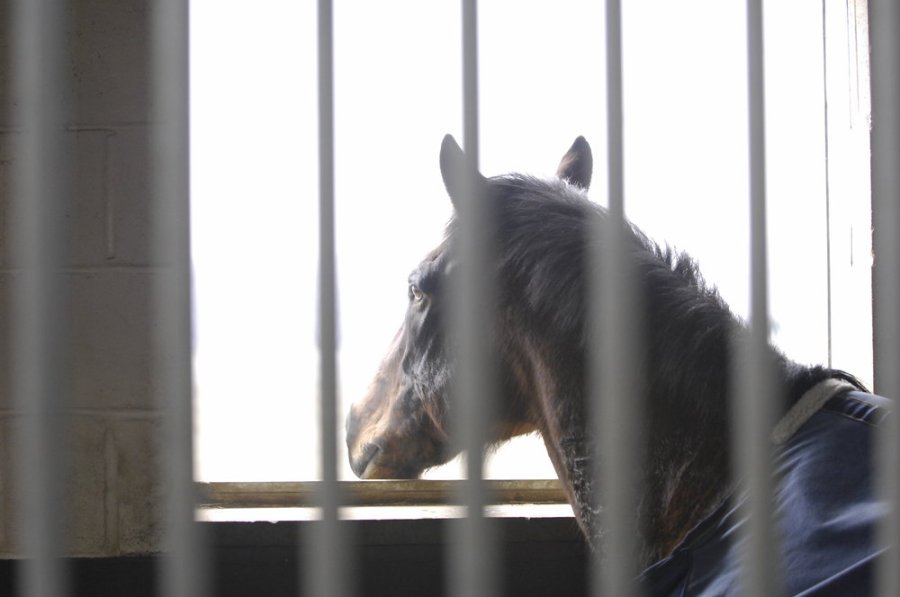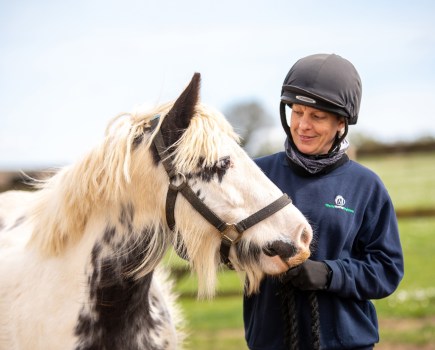From the start of 2019 to 17 February, the Animal Health Trust (AHT) have confirmed 29 flu outbreaks across 17 counties in England and Scotland.
The high number of outbreaks has been put down to a new strain of flu in circulation (Florida Clade 1), a strain normally found in North and South America.
More positive tests for equine flu have been reported over the weekend in Shropshire, Worcestershire, Norfolk and Buckinghamshire.
16 horses returned positive tests at one premises in Worcestershire. This is thought to be related to unvaccinated horses coming into contact with other horses at an event.
The BEF continues to recommend strongly that unvaccinated horses do not mix with other horses. They also advise that owners do not take their horse to an event or competition if horses at their yard appear to be unwell.
Owners should ensure they are aware of the symptoms of flu and call their vet immediately to make a fast diagnosis, to avoid the spread of the infection.

Locations of outbreaks – map from AHT
The current outbreak has demonstrated the importance of vaccinations and the BEF continues to urge all owners to ensure that their vaccination records are up to date. If it has been longer than six months since the last vaccination, it is strongly recommended that owners discuss a booster with their veterinary surgeon.
The BEF has asked all competition and training event organisers to check the equine ID passports of all horses attending their event to make sure that they comply with vaccination rules.
A number of venues have put extra precautionary measures in place regarding flu vaccinations. Participants are advised to check venue requirements before setting out.
The AHT commented, “It is clear that this strain of the virus (Florida Clade 1 H3N8) is not going away and is taking advantage of any opportunity given to it to spread among our horse population. Collectively, we all need to do everything we can to minimise these opportunities.”
The five basic protocols:
Vaccinate – boost your horse’s vaccination if it was given more than six months ago and encourage others to do the same. If your horse is not vaccinated, it will need to start a course of vaccinations and will not have protection until two weeks after the second vaccine in the course is given.
Isolate – what biosecurity measures are in place at your own yard? Immediately isolate new or unwell horses away from the main yard to help prevent the disease spreading. Flu is easily spread amongst a group of horses. Make sure you know your own biosecurity policies, and if you’re not sure ask the yard owners and managers.
Investigate – if you’re planning to attend an event or equine gathering, speak to the organisers and ask about their biosecurity policies – what is in place to minimise the spread of disease at the event / gathering? If you are not comfortable with what is in place, don’t attend!
Communicate – be open if you have a suspected or confirmed outbreak, to help minimise the spread of flu to others.
Mitigate – horse owners are encouraged to do all they can to know the risk of moving their horse or attending an event. Gather as much information as you can to enable you to mitigate against the risk and make your own sensible decision based on this.
Don’t miss the latest issue of Your Horse Magazine, jam-packed with training and veterinary advice, horse-care tips and the latest equestrian products available on shop shelves, on sale now.









